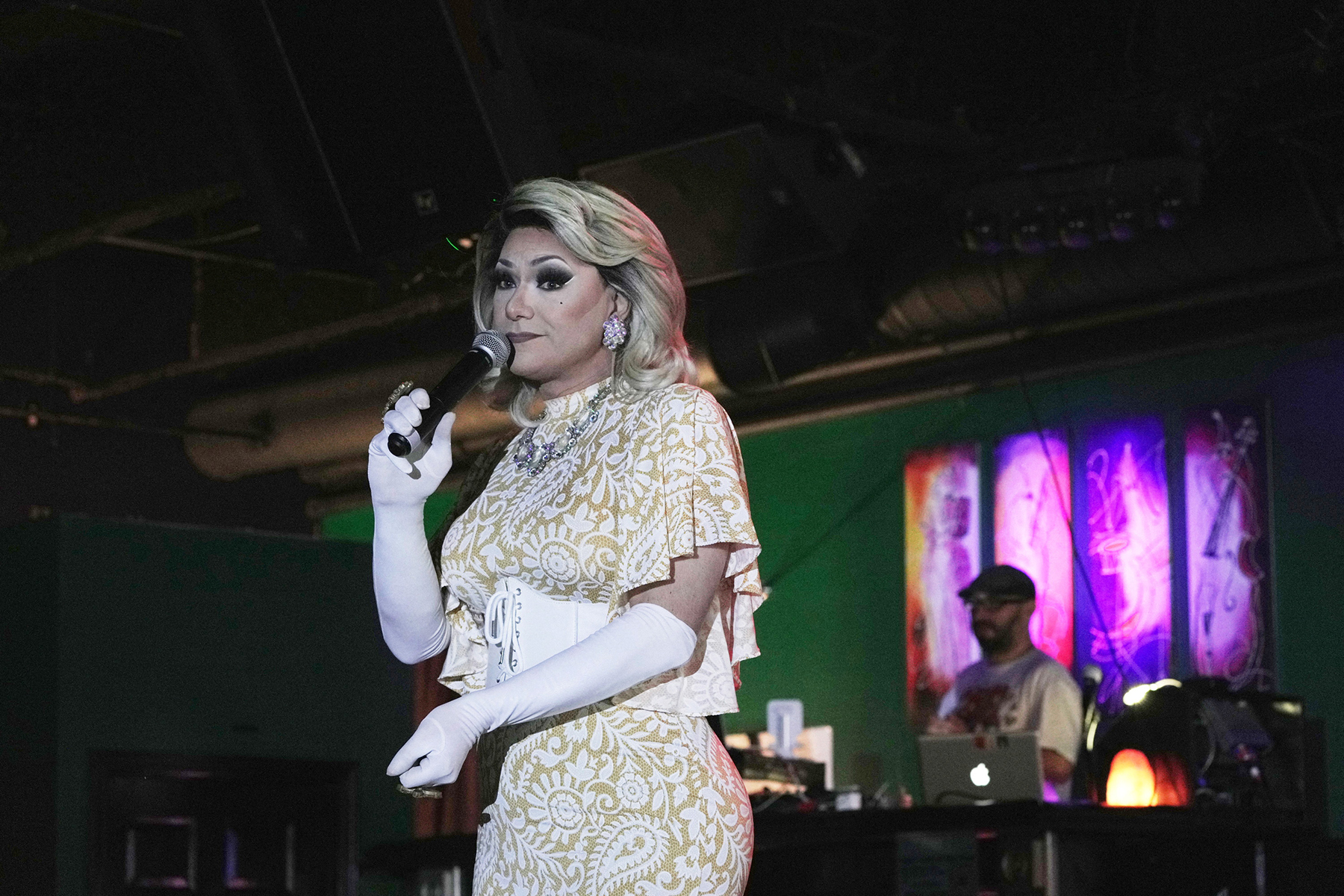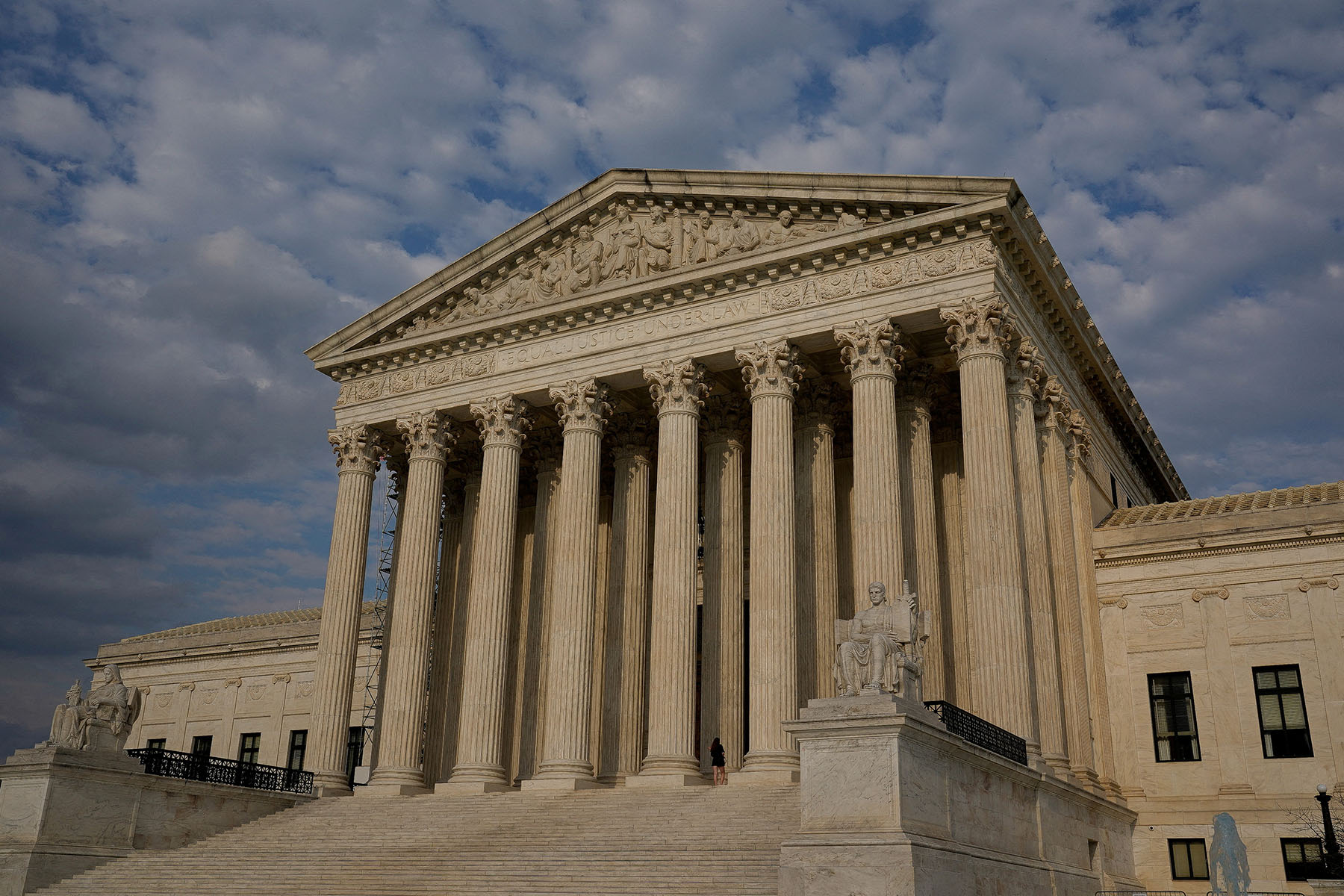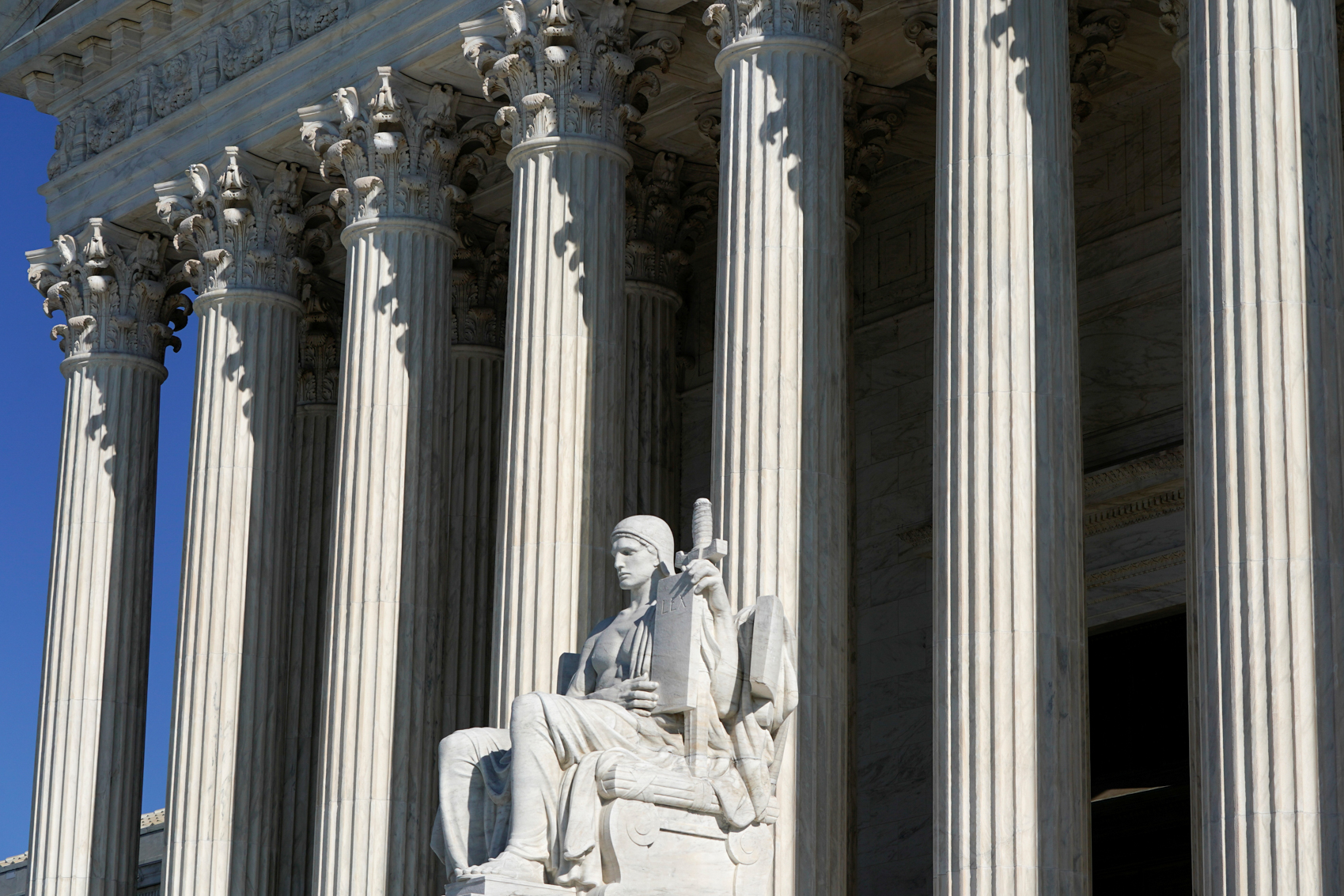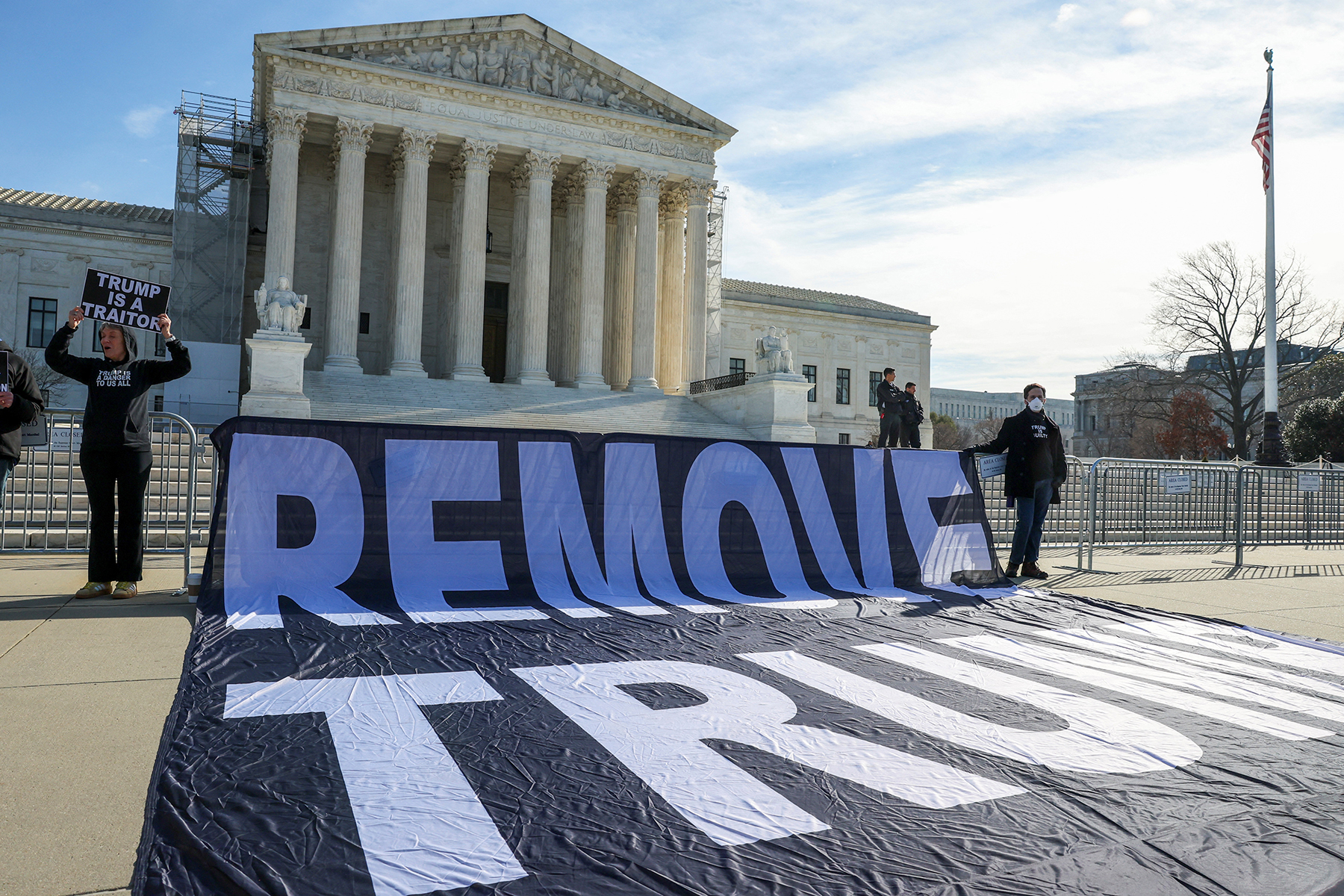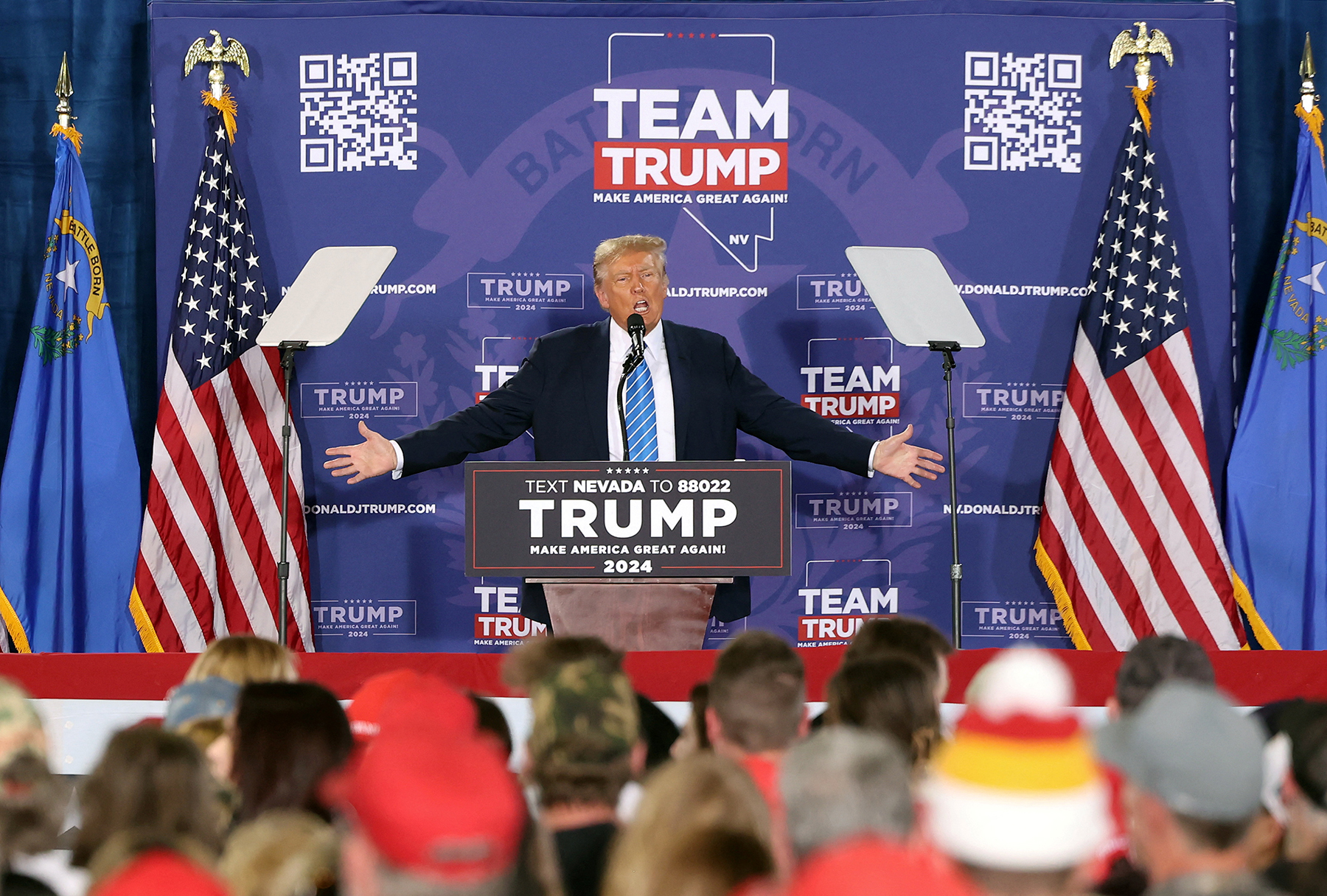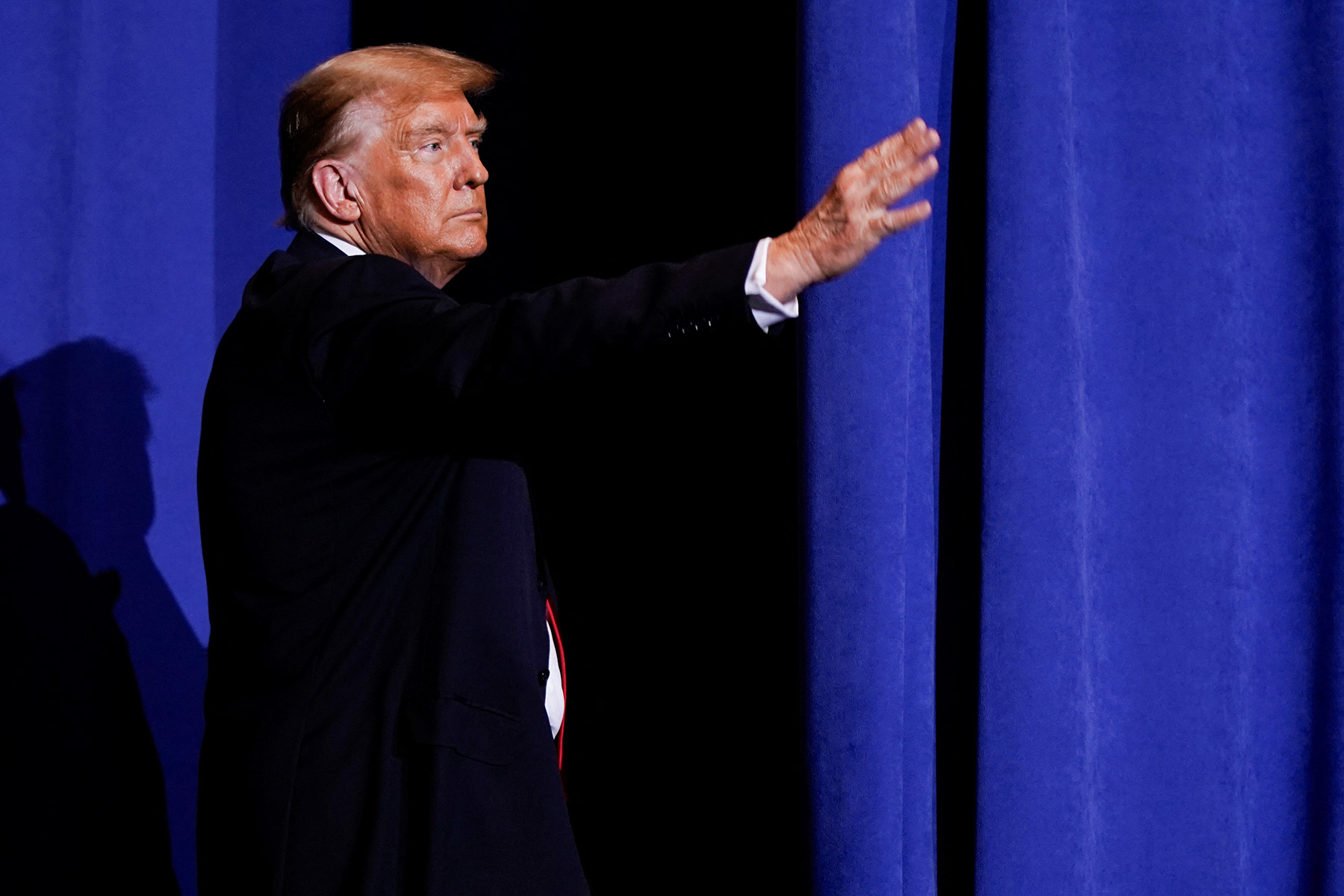Supreme Court Won’t Intervene in Dispute Over Drag Shows at Public University in Texas
The Texas college dispute first arose last year when the school’s president announced that drag performances would not be allowed on campus.
Supreme Court Rules Public Officials Can Be Sued for Blocking Critics on Social Media
The cases forced the court to deal with the competing free speech rights of public officials and their constituents, all in a rapidly evolving virtual world.
Supreme Court Restores Trump to Ballot, Rejecting State Attempts to Ban Him Over Capitol Attack
The outcome ends efforts in Colorado, Illinois, Maine and elsewhere to kick Trump, the front-runner for his party’s nomination, off the ballot because of his actions on Jan. 6, 2021.
Supreme Court Wrestles With GOP-Led States’ Efforts To Regulate Social Media Platforms
In nearly four hours of arguments, several justices questioned aspects of laws adopted by Republican-dominated legislatures and signed by Republican governors in Florida and Texas.
Supreme Court Seems Poised To Reject Effort To Kick Trump Off the Ballot Over Capitol Riot
A definitive ruling for Trump would largely end efforts in Colorado, Maine and elsewhere to prevent his name from appearing on the ballot.
Trump’s Presidential Bid Hangs in the Balance as Supreme Court Weighs Insurrection Clause
The justices will hear arguments in Trump's appeal of a Colorado Supreme Court ruling that he is not eligible to run again for president because he violated a provision in the 14th Amendment.
Maine Judge Delays Decision on Removing Trump From Ballot Until Supreme Court Rules
The nation’s highest court has never ruled on Section 3 of the 14th Amendment, which prohibits those who “engaged in insurrection” from holding office.
The Supreme Court Will Decide if Donald Trump Can Be Kept Off 2024 Ballots
The justices acknowledged the need to reach a decision quickly, as voters will soon begin casting presidential primary ballots across the country.
